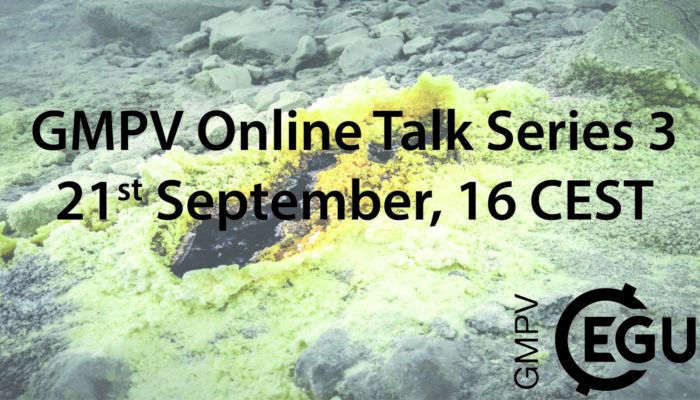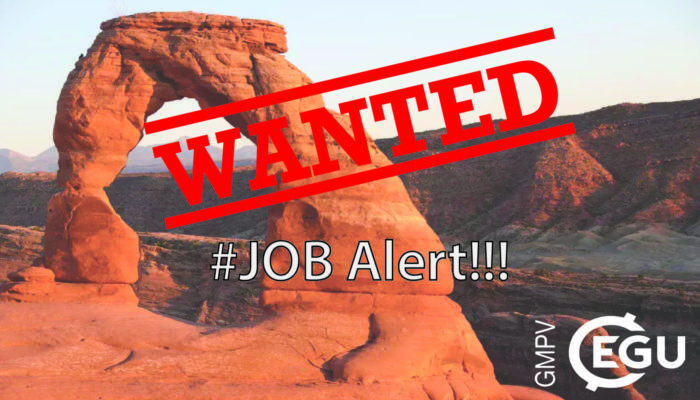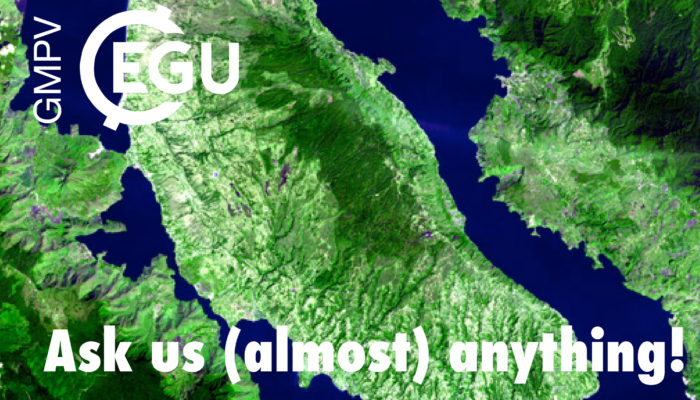Did you know that political leaders in some European countries declare LGBTQIA+ as a totalitarian “ideology” that is “worse than communism” or compare gay adoption to pedophilia? This may sound unimaginable these days but those are statements that were proclaimed just recently, within the past years! The ILGA Europe publishes a review of the human rights situation of LGBTQIA+ people in Europe each ...[Read More]
GMPV ECS online talk series 3: 21st September
The 3rd edition of the Geochemistry, Minerology, Petrology and Volcanology division’s early career scientists talks will be on Monday 21 September 4pm CEST. Our speakers are (talk titles may be subject to changes): João Lages (University of Palermo) – “Constraints on mantle, slab and crustal contributions to majors volatiles and noble gases along subduction zones” Mara Murri (University of Milano- ...[Read More]
‘Job’ alert! GMPV is looking for a (deputy) early career scientist rep!
The Geochemistry, Mineralogy, Petrology and Volcanology division of the European Geosciences Union is looking for a new Early Career Scientist representative! The current rep will stand down at the General Assembly in 2021, but we’d like some handover time between reps so we’re advertising now with the aim of the incoming rep starting in ~November 2020. They’ll officially be the ...[Read More]
Ask us (almost) anything: how is tuff formed?
Tarun Goswami, an archaeologist from India, asks: How is a tuff formed? and more specifically… Why do some deposits have more ash than others? We are paraphrasing – the questions are specifically about the tuffs formed in the Toba supereruption. So… you asked, we answer! First of all, modern definitions generally describe a tuff as a volcaniclastic rock composed of solid volcanic ...[Read More]




